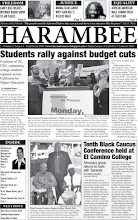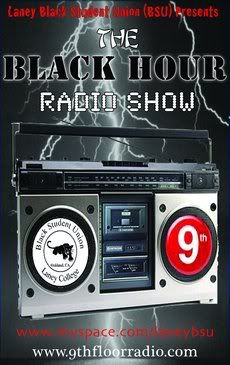By Dr. Mujahidun Sumchai
SPECIAL TO HARAMBEE“Mental bondage is invisible violence. Formal physical slavery has ended in the United States. Mental slavery continues to this present day....it is worse than physical slavery....the person who is in mental bondage will be “self-contained”. Not only will that person fail to challenge beliefs and patterns of thought which control him, he will defend and protect those beliefs and patterns of thought virtually with his last dying effort.”
–Asa Hilliard
In the minds and hearts of all Americans, especially African Americans, are the painful connections and liberation truths of the past. Yet we are not victims.
We are living our victory.
The present American heart and mind is in recovery, trying to find the language and behaviour that makes our truths of today new for tomorrow.
The American future is both sure on one hand and uncertain on the other. All Americans, but especially African Americans are in need of new ideas that respect and honor our cultural traditions, norms, values and way of life.
Our ways of knowing, being, truthing and universing are culecopolsomatic as we seek survival-purpose justice-solutions. America’s behavioral aesthetics are transforming.
We are looking for a new medicine language, which includes a bunker government for some, a black president, a democratic society, education that leaves no child behind with highly qualified teachers in the classroom and a country without racism, classism, sexism, ageism and mindism––forever more.
Our actions and words must have the ability to hold Culecopolsologic (CEPS) healing conversations or else we stay injured and in pain.
Today’s CEPS healing conversations must respect and honor our ancestral nationality.
Our ancestral gene pool is our biological reality that shall not be denied–except perhaps in error. We would not be here but for our fathers and mother’s and their parents is all I am really saying.
Today’s healing conversation must also respect and honor the geophysical place in which we act out our daily life and living, of community, work, education, family relations, personal and professional relations, art and science. Ancestral nationality is the embodiment of the new American medicine language.
In instead of using skin color descriptive characterizations when talking and writing about others and ourselves, we could use ancestral nationality.
A person might write or say:
• African American
• European American
• Asian African American
• European African American
• Mexican American
• Pacific Islander American
• African Asian
• American African
• European African
• Pacific Islander African
• Irish American
• Greek American
• American Italian
• Japanese American
• American Japanese
• African American Mexican
• French American
• French African
• German American
The applications are endless and limitless within the finite populations of our country, our planet and our imaginations. Skin color descriptive characterization in speech and writing is the last hinge on the door of racism both international and domestic.
Albert Einstein once said, “Problems generated by one way of thinking can not be solved by that same way of thinking.” Race and racism are a problem that is the result of a certain way of thinking. Thinking precedes action in most instances of our daily life and living. If we think a certain way we act a certain way.
Ancestral nationality is a new way of thinking and being in America. Our time for healing is a gift, it isn’t quick and sometimes it appears as if there are no results. We change slowly each and every day with small moves and deep breaths. What if ancestral nationality could be a helpful innovation in our thinking, being, truthing, universing and healing?
W. E. B. Du Bois said in 1903, “The problem of the twentieth century is the problem of the color-line, –– the relation of the darker to the lighter races of men in Asia and Africa, in America and the islands of the sea.”
In Du Bois’s day and time (the 20th century) this idea was appropriate for the slowly changing American landscape. We are more than a century later and still too many people are thinking in the century past.
We need another way of thinking and being about this American dilemma with its peculiar institutions and badges of color.
The American challenge of the 21st century is ancestral nationality, so that the respect and honor we must show for our mothers and fathers and country helps us to change ever so slowly with small moves and deep breaths.
The late Stephen Jay Gould quotes Darwin’s Voyage of the Beagle, “If the misery of our poor be caused not by nature, but by our institutions, great is our sin.”
Dr. Mujahidun Sumchai, J.D. is a professor of African American Studies at Laney College in Oakland and the Laney BSU advisor.













